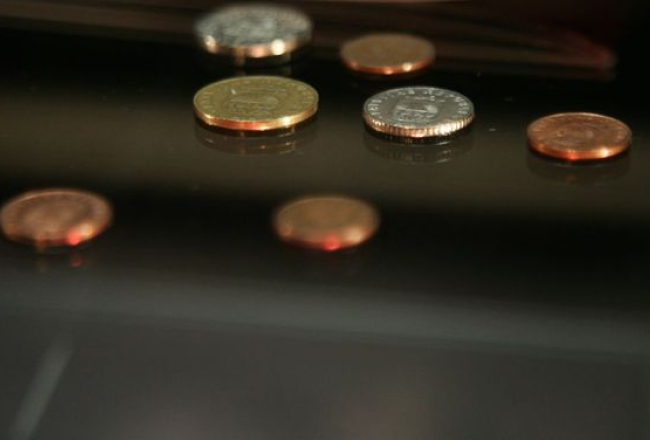
Lauris Vīksne, F64
Any manipulation with the existing currency regime could create significant uncertainty
There were some comments on my last piece that deserve some reply/added arguments so let this be all about the exchange rate (again, again…).
The question is, in the light of the IMF working paper discussed there, whether a more active monetary policy – devaluation, revaluation, widening of the fluctuation band or a floating exchange rate – should have been adopted by Bank of Latvia as a means to counter the credit boom.
Let me try a new argument of why I think fiddling with the exchange rate here is problematic: a) Because the average Latvian knows too much about the exchange and b) because he/she is paranoid on the issue of devaluation.
Re a): Whereas far from everybody knows the 0.702804 LVL/EUR parity, most are perfectly aware of ‘some 70 santims per euro’. People save in foreign currency, they hold foreign currency and they borrow in foreign currency. I mean, try to ask an American how many dollars it takes to buy a euro (OK, unfair, there is not a fixed exchange rate between USD and EUR but then ask a Dane and you would still find much more variation than here. Danes earn DKK, they spend DKK, they save in DKK and they borrow in DKK – only).













